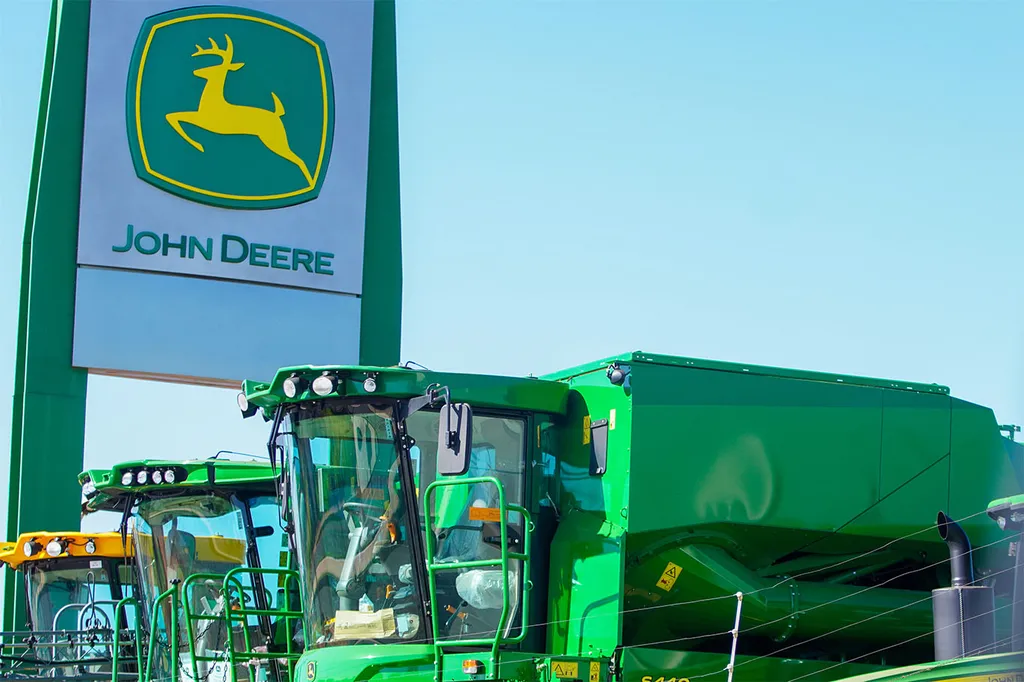John Deere, a stalwart in the agricultural machinery industry, has announced a series of layoffs affecting two of its Iowa facilities. The company cited decreased demand and lower order volumes as the primary reasons for the workforce reductions. In Waterloo, 101 employees will be laid off, with their last day of work on October 17. Meanwhile, 40 employees in Des Moines will face layoffs, with their final day on October 31. These announcements follow a previously declared layoff of 71 workers at Deere’s foundry in Waterloo, set to take effect on September 19, and another round of 167 layoffs at Quad City facilities in Illinois, announced in August.
The layoffs in Waterloo will impact several operations, including Tractor Operations, Drive Train Operations, Drive Train West, and Engine Works, all of which are distinct from the foundry. In a statement shared with Farm Equipment, Deere explained that production schedules at each factory vary to align with seasonal farming needs. When fewer orders come in, each factory adjusts accordingly. The company emphasized its commitment to providing high-quality equipment to customers while investing in U.S. manufacturing.
Affected employees will receive a range of benefits, including supplemental unemployment benefits that vary based on years of service and healthcare benefits for at least six months. Employees are also eligible for recall to their home factory for a period equal to their length of service. Additional benefits include life insurance, legal assistance, tuition reimbursement, and job-placement assistance.
Deere’s statement reaffirmed its commitment to maintaining a strong U.S. manufacturing footprint by investing nearly $20 billion over the next decade to upgrade manufacturing facilities across the country. This investment is on top of recent efforts to expand and modernize plants.
The implications of these layoffs are significant for the affected employees and the broader agricultural industry. For the workers, the layoffs mean a temporary disruption in income and potential challenges in finding new employment. However, the benefits package offered by Deere aims to mitigate some of these challenges by providing financial support, healthcare coverage, and other assistance.
For the agricultural industry, the layoffs could signal a shift in demand for farming equipment, potentially influenced by factors such as market conditions, technological advancements, or changes in farming practices. The industry may need to adapt to these changes by exploring new opportunities and innovations to meet evolving customer needs.
Overall, while the layoffs are a setback for the affected employees and the company, Deere’s commitment to investing in its manufacturing facilities suggests a long-term strategy to remain competitive and adapt to changing market conditions. The company’s focus on providing high-quality equipment and supporting its workforce through this transition underscores its dedication to both its customers and employees.

